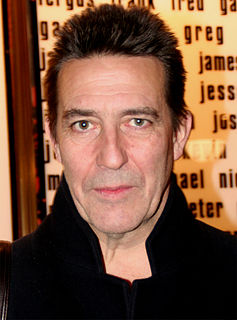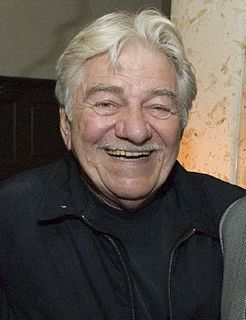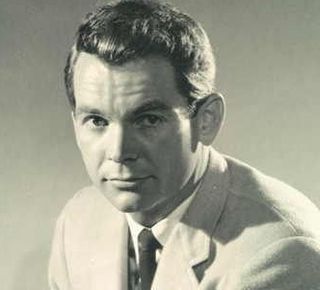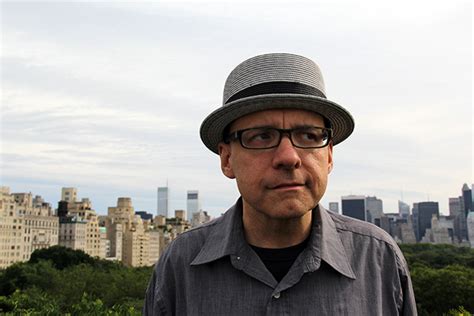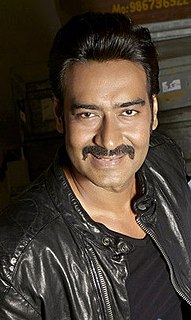A Quote by Ciaran Hinds
In fact, the difference between creative and interpretive, it all starts with the writing. Then if you can get the money together to make the film, then you're in touch with the visuals and the actual creation, and the sound of what you want to mean. Of course, some directors get inspired by what people do anyway. Don't feel the need [to stick to the script]. In fact, they sometimes go "That's not what I had in mind, but that suits the purpose well.".
Related Quotes
The creation of a film starts with an idea, a notion of a time period or characters, and you get really excited about the idea, and sell it to others if you need their support to write the script. You can't wait to get started, and then you try to start, and you struggle with the blank page, and you get some ideas, and they're bad ideas, and you write bad stuff. It's really bad.
Just the fact that there's motion and sound, took me a long time on Walking Dead to get used to the fact that in television, characters don't have to say things. In comics, people have to say I feel this way, or I want to do this, and you can do so much with gesture and movement and facial expressions that you can do sometimes facial expression stuff in comics, but you can do so more if somebody can move around without actually speaking. That leads to a different style of writing between the two mediums.
All directors make films in individual ways. But the classical kind of view of filmmaking is that you have a script, and it's very linear. There's a script, then you're going to shoot the script ,and then you cut that, and then that's the end of the film. And that's never really been how I've seen it.
If my primary purpose here at Indiana is to go out and win ballgames, I can probably do that as well as anybody can. I would just cheat, get some money from a lot of people around Indianapolis who want to run the operation that way, and just go out and get the best basketball players I can. Then we'd beat everybody.
The truth is we all get tired, we all get weary. In fact, if you never feel like giving up, then your dreams are too small. If you never feel like quitting, then you need to set some larger goals. When that pressure comes to get discouraged and to think about how you can’t take it anymore, that is completely normal. Every person feels that way at times.
Many people came out and said, 'Boy I'd love to make a film that way.' Well, borrow some money, get some people together - you can get people to work for nothing, just treat them right, treat them as human beings, not stars, give them all an equal share, make them feel a part of what they're doing. There's no big secret to it.
You don't get a script sent to you for two years, it crosses your mind, 'Gee, what's going on?' Then five years pass, and pretty soon a decade has gone by. Finally, you say to yourself, 'Well, if in fact that's it, then let me be happy with 30 pictures that made about $460 million and pictures that made a lot of people laugh.'
I can read books and news articles about people who have excelled, people who have done extremely well in their chosen field, or made a lot of money, or married well, or what have you. When some people read this stuff, they get inspired, but when I read it, it makes me feel worse. Sometimes I wish I had never learned to read.
It's not often I get to do a film that turns out good. Plus, there just aren't that many great directors out there. There are a thousand different decisions that need to be made with each script and it's the good directors that can make those decisions. It's a long and complicated process in regards to what looks good on paper. Working on a bad film can be fun too. It can be a good exercise that gets you writing.
